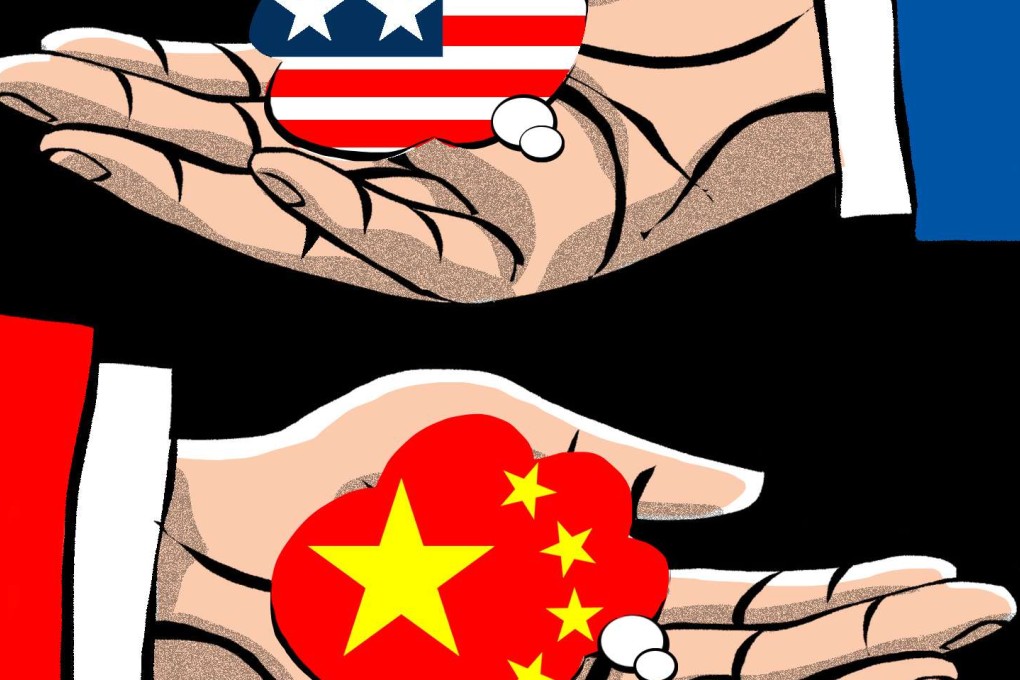For China and the US, bound by trade, great power brings great responsibility
Patrick Mendis and Sheng Cui say the Sino-US trade partnership is the cornerstone of global peace and prosperity, and ask whether the two nations can take a lesson in wisdom from history to secure the future of humanity


The Sino-US trade relationship is the most important cornerstone of global prosperity and peace. This has been the case from the beginning of the American republic until the Opium Wars. Trade as a critical interlocutor between the two nations resumed with Deng Xiaoping’s (鄧小平) opening up and liberalisation policy, and especially after China became a member of the World Trade Organisation.
[The] Sino-American love affair began more than 230 years ago
With these and the potential success of the Belt and Road initiative and the Trans-Pacific Partnership, mutual prosperity will continue to be in focus in the future.
This Sino-American love affair began more than 230 years ago. Sailing off from New York Harbour, the Empress of China, the first merchant ship in commercial history, arrived at Canton in 1784.
It officially opened a new era of trade between the centuries-old Middle Kingdom and the nascent American republic. In the ensuing 60 years until the Opium Wars, trade between the two countries increased rapidly, making them rich and wealthy.
That golden era ended as the American civil war and the Taiping rebellion consumed the two nations with their internal tragedies, followed by the two world wars and proxy wars in Vietnam and the Korean peninsula. During the cold war, China had ideological and political conflicts with the US; thus, economic ties no longer existed until the opening up and trade liberalisation era of Deng in the 1980s. Since then, China’s economy and trade experienced an unprecedented growth, which is largely linked to the US economy.